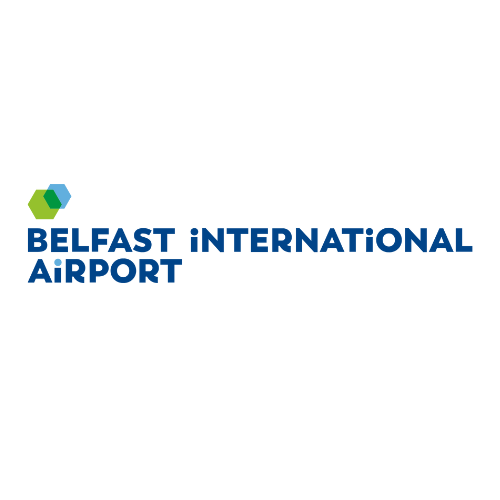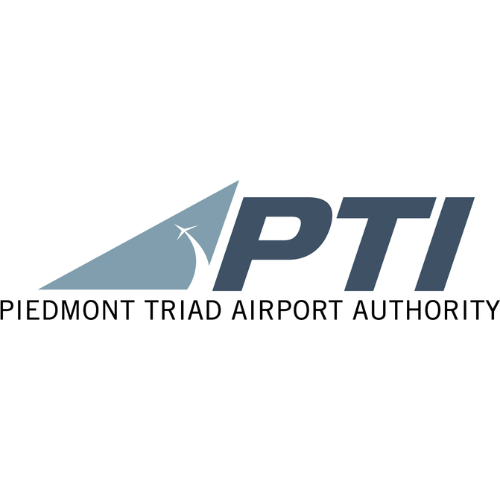For businesses across industries, there’s a pressing need to meet environmental responsibilities. Landfill is full and the plight of polluted oceans is being more and more frequently highlighted. Back in 2002, research by Keep America Beautiful revealed that Americans throw away 230 million tonnes of waste every year.
Meanwhile, a much more recent study indicates that consumers are taking the state of the planet seriously. A 2019 survey from CGS found that sustainability is driving customer loyalty and demand to the extent that one third of consumers will pay 25% more for goods that are eco-friendly. Today’s buyers are looking for brands that align with their own ethical concerns.
It’s apparent too that this trend is strongest in the younger generations, the millennials and Gen Z. While 47% of those surveyed were willing to pay more for a sustainable product, more than 50 percent of Gen Z were happy to spend extra for eco.
This is an important development for travel companies. A 2018 study by Expedia found that 65% of millennials were saving specifically for travel, compared to 57% of people surveyed, and Gen Z is fast taking over from millennials when it comes to consumer influence.
Operating a green business ethos within your airport is instrumental in creating positive change. It’s good for the environment, and it can help your bottom line too. Adhering to the maxim ‘Reduce, Reuse, Recycle,’ can save you money in the long term.
Additionally, new measures that boost sustainability are coming into force making this a necessary consideration. Many stock exchanges now require listed companies to provide mandatory sustainability reports on a comply-or-explain basis, and Singapore has signed up for the Global Reporting Initiative (GRI), a global framework for companies to report on sustainability.
IATA has also underlined the importance of eco-awareness. In a 2016 report forecasting a doubling in passenger demand over 20 years, the IATA’s Director General and CEO, Alexandre de Juniac said:
“The industry will also need to be able to grow sustainably… Aviation is at the forefront of industries in managing its carbon footprint. Along with offsetting emissions…, airlines are working with partners in industry and government to advance technology, improve operations and generate more efficiencies in infrastructure.”
Whilst the sky-borne aspects of the aviation business can be relatively straightforward, airports face many challenges: Environmental, social, political, climatic, regulatory, increased demand, and the expectation of higher returns to name a few. It’s no longer so easy to turn a profit or maintain a decent service. Today’s airports have to learn and analyse every aspect of their operations to ensure peak efficiency. The good news is that increased sustainability is a natural by-product of increased efficiency in both business and environmental terms. An efficient airport becomes a sustainable airport.
Holistic operations
It’s becoming increasingly clear that in order to develop optimum efficiency, airport operators must look at all aspects as an holistic ecosystem. For example, there is little benefit in introducing a state of the art parking and docking system if the ATC isn’t up to date. Each aspect of operations and customer-facing service needs to be addressed as part of the same whole. Only in this way is it possible to uncover where savings can be made, additional income streams found, customer pain points addressed and a more viable ongoing business model built.
One of the most promising ways to implement this approach is with the use of data and technology. Many airports traditionally approach operational efficiency from an airside perspective. But the data collected from passengers during the booking process and within the terminal can be used to predict customers’ wants and needs, and this can lead to real customer-facing efficiency and opportunities for ancillary revenue.
Factors like access, terminal design, security wait, queuing time, wayfinding and information updates are most important to passengers. Passengers want real-time information via their smartphone, they want to check in without queuing, and they increasingly opt for airports that keep delays to a minimum. Mobile apps can advise travellers of the most efficient and cost-effective ways to travel and save on carbon footprint and rate operators accordingly. And with social media always within reach to publicise any problems, the key to efficiency lies in good customer perception.
Smart changes
Efficient airports make for happy passengers. They can also handle greater passenger traffic and keep the airlines happy too. Smart airports can use data to analyse and predict the way customers move around the facility, and this makes it possible to streamline operations within the terminal, leading to better use of resources such as staff and even lighting.
Boston-Logan airport in the US has achieved significant reductions in energy consumption simply through smart design and energy-saving construction. Its 2014 renovation of Terminal B saw the additional energy load required during the work completely offset. The eco-friendly design saves ongoing expenses and makes for a better passenger experience.
Ancillary income
As well as focusing on operational optimisation, today’s smart airports are looking to alternative revenue streams. By taking simple steps such as offering an integrated booking system for flights and car parking, it becomes possible to make use of large amounts of customer data to up sell and cross sell products and services that make a real different to the passenger experience.
A CRM system like Rezcomm that uses business intelligence to understand the data will also be able to predict trends in use, traffic and even what the customer will buy at the airport. Rezcomm’s state-of-the-art ecommerce solution has been developed by airports and is trusted by airports to bring tangible returns, ensuring that no opportunity is overlooked. Passengers are no longer anonymous.
Using this technology, which offers feedback in the form of reporting and analytics in real-time, it becomes possible to make day-to-day operations as effective as possible. The technology also opens the potential for airports to become centres for growth. Efficient operations, sustainable planning, using the best available technology and secondary income options all come together to create a sustainable business, environmentally and financially.
4 simple tips for sustainability
- Sustainable office supplies
It’s important to become aware of what you use and what you discard. You could consider appointing a staff member to oversee stationary supplies, or even conduct a waste ‘audit’ to discover how much your airport business actually throws out. It’s important to be aware of what you can recycle too. By adding just a small amount of unrecyclable material to the recycling bin, you can cause the whole load to become contaminated and therefore go to landfill.
It’s fair to say there’s something of a global trash crisis. According to the EPA, Americans throw away 1.6 billion pens every year. And that’s just pens. Think about all the other office stock that is ‘disposable’ and disposed of. Your airport can make a difference by stocking the office with reusable pens. It’s cheaper in the long run too. Look for suppliers of sustainable paper, and consider recycling print cartridges.
- Choose your suppliers
One of the easiest ways to make your business more eco-friendly is to choose your suppliers carefully. When sourcing goods and services, look for those that have been sustainably produced and that don’t require excessive packaging or transport miles.
Sourcing from quality local suppliers is also a great way to boost your airport’s relationship with local businesses and the local community, and to promote your neighbourhood to those visiting from abroad.
Look for products that contain no harmful contaminants, things that can be recycled or reused and that are made from renewable or sustainable materials.
Use your imagination when researching and speaking to suppliers and ask questions about where the goods are coming from and how they will be packaged and presented when they get to you. Look for suppliers and couriers who commit to carbon-neutral delivery methods.
- Conscious communications
Communications and commerce are both firmly in the digital era, yet the use of paper is still inevitable, particularly if you’re sending out paper contracts and letters. Use recycled or reusable envelopes where possible, and implement a ‘printer aware’ policy so that staff know to only print paper copies of documents when absolutely necessary.
Most communications with customers, and many B2B messages, can be sent digitally. By keeping your mailing lists up to date, you will ensure an efficient use of resources. A CRM and email marketing software like Rezcomm will help to optimise communications so that you are only targeting the right people at the right time with offers and services they want.
Automated email workflows help to create a sustainable use of resources within the customer service team, meaning your customer facing staff can spend more time focusing on individual passengers and less time writing bulk emails.
- Renewable energy and water
More airports than ever are embracing renewable energy. Like Boston-Logan, which uses solar energy to power whole areas of its terminal, these airports find a positive impact on their bottom line and a great reaction from eco-aware passengers. Consider installing solar panels or looking for another source of renewable energy to power your office buildings.
Airports are also looking to repurpose wastewater for functions like flushing toilet cisterns in customer facilities.
Intention is everything
These might seem like small steps, but little things do go a long way both in terms of sustainability and ethos. Small steps are simple to implement, and they make a positive impression on customers. In this age of the eco-conscious consumer, it is essential for airports to demonstrate accountability in terms of promoting a sustainable and positive future.
Rezcomm has many satisfied clients in the air travel industry. If you would like to talk to us about how we can help you connect with new and existing customers, contact us for a chat.




























